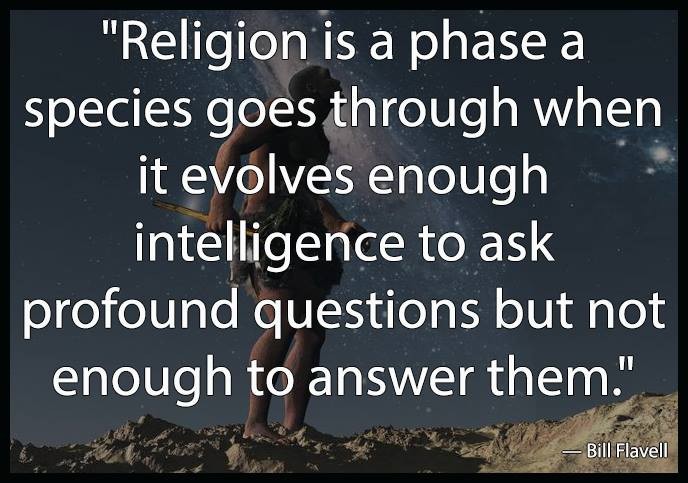Spirituality is a base instinct, and most people -need- to believe something. What ever fills that need, whether it's God, Allah, Buddha, Science or Spaghetti... They are all god if they fill that need for people.
I can appreciate spirituality.
People believing that they are the "true" believers is where the problem comes in, and unfortunately, most religions have that as a feature and not a bug.
To be so conceited... An omnipotent being would at least be smart enough to understand how regional culture works, and would present itself to everyone in ways that were culturally relevant. And a lot of religion started out very, very cool, but got changed and corrupted by whoever was ruling that part of the world.
We all believe in the same shit, just in different ways.
Also: There are far too many people in this world that are comfortable exploiting something so basic to being human.
/soapbox
